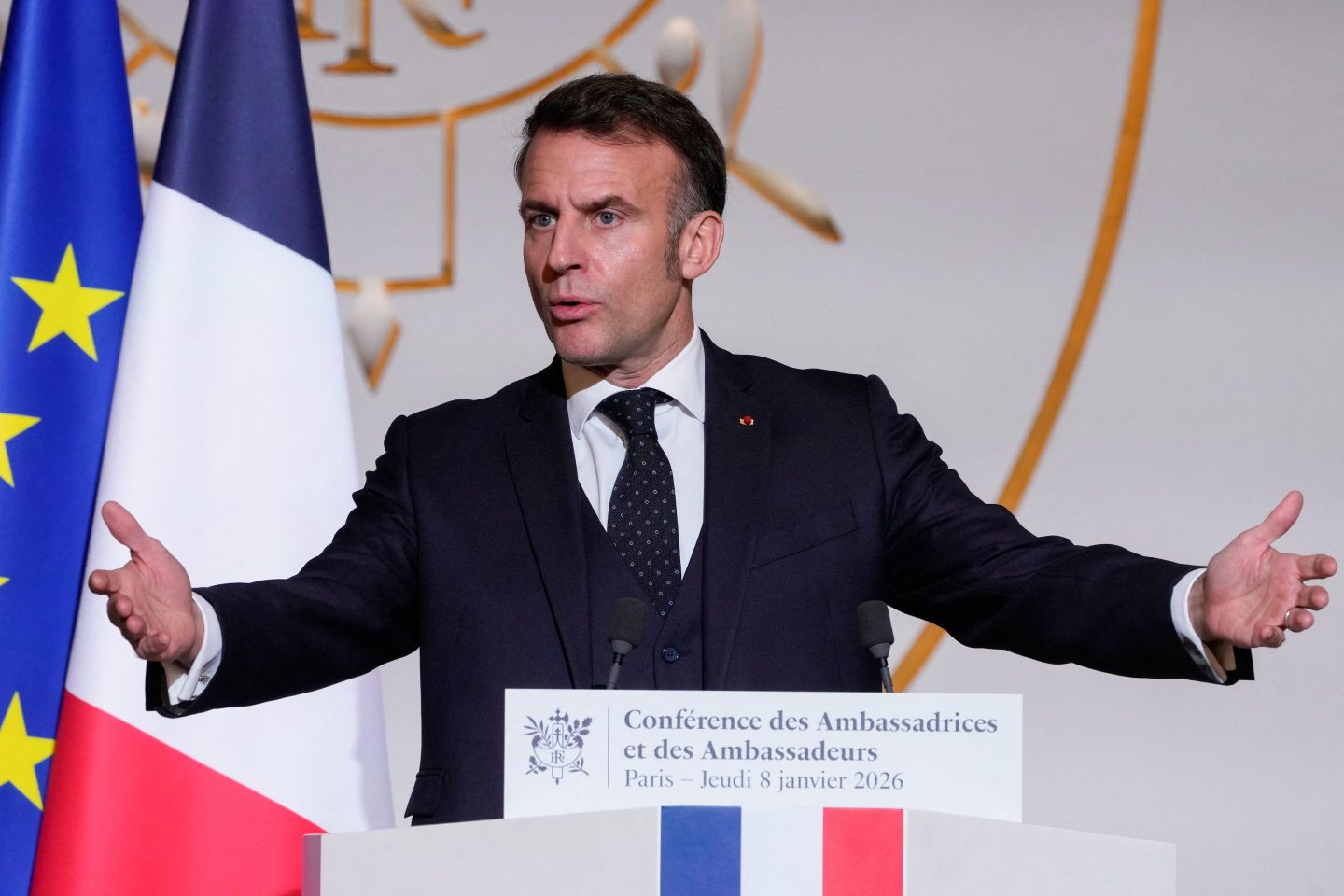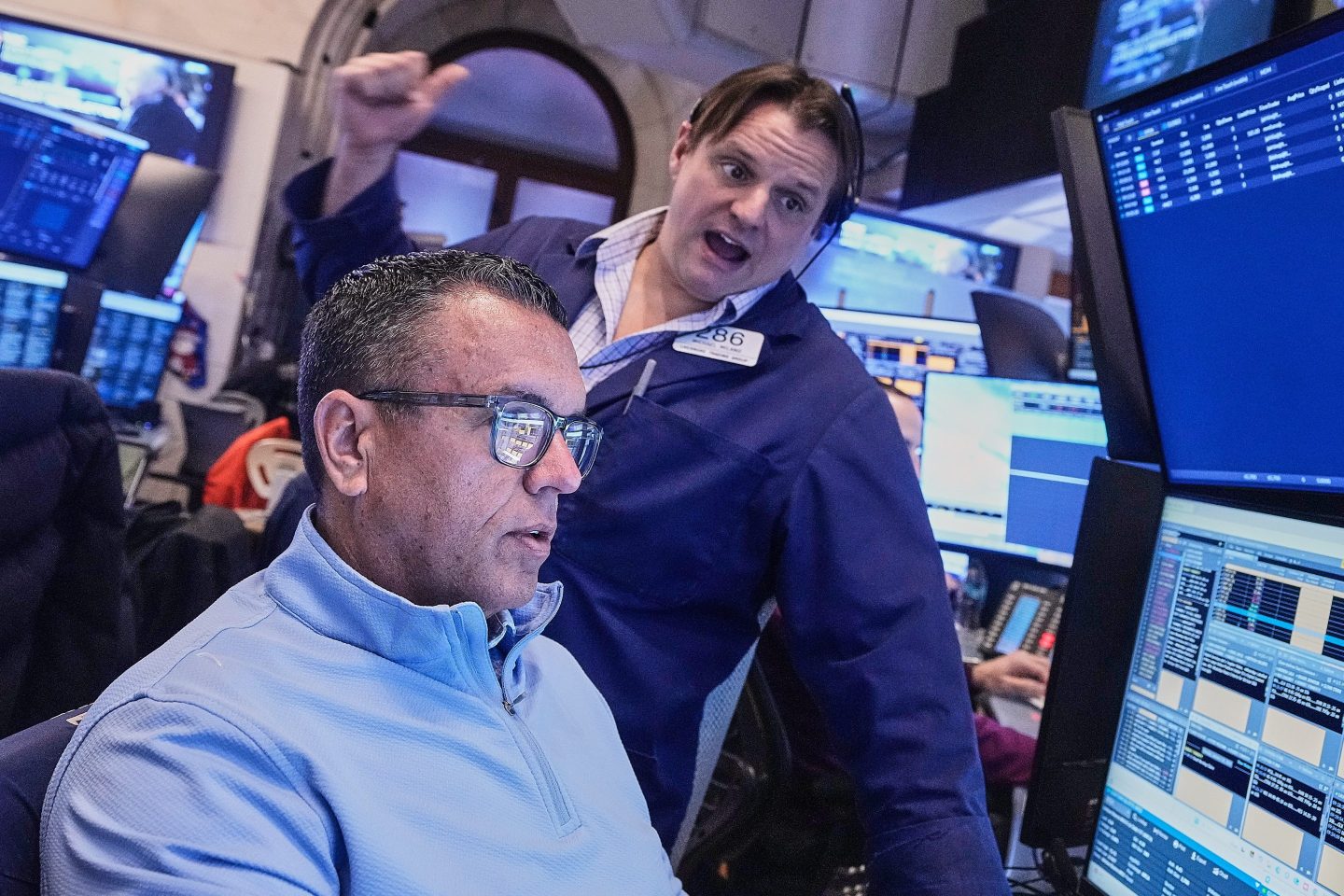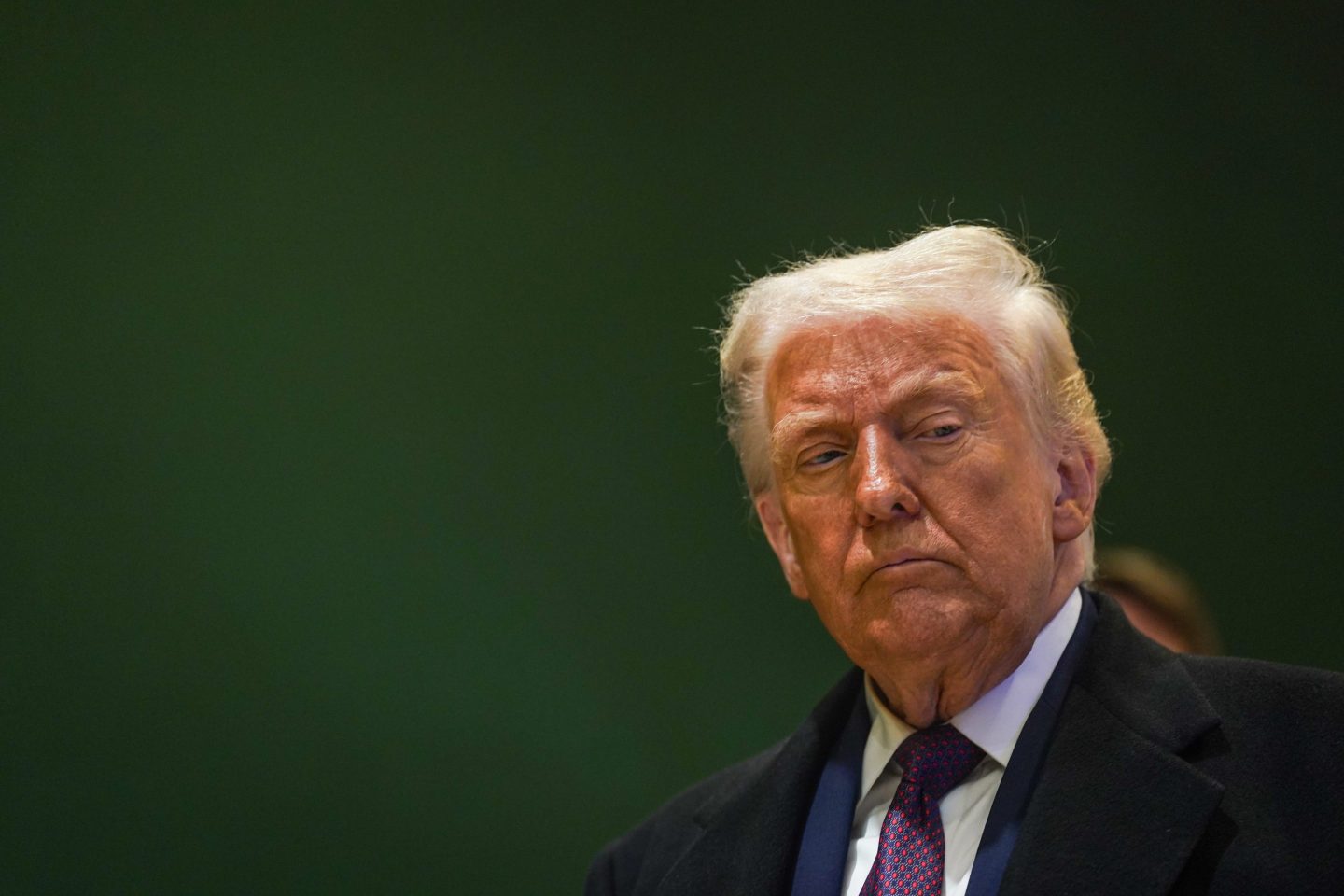Peter Atwater, adjunct professor of economics at William & Mary and president of Financial Insyghts, knows a thing or two about the K-shaped economy. Anonymous Twitter user “Ivan the K” introduced the idea of a “K recovering” following the pandemic, a gloomy outlook where some elements of life before COVID would recover, while some will not. Atwater popularized it.
Atwater credits Ivan the K for the coining the term, but said he was the first to run with it, publishing a series of pieces in 2020 about the growing gap between the haves and have-nots: White-collar employees could work remotely while blue-collar workers were outside the work-from-home bubble. While the tech industry more quickly recovered, the pandemic pummeled lower-income workers, such as service workers who were either laid off or deemed essential, leaving them stuck in their jobs.
Today, the term K-shaped economy has been on the lips of many economists as mounting data illustrates a growing divide between the spending and wages of higher- and lower-income Americans, resembling the two diverging lines of the letter K. But as the self-proclaimed populizer of the term, Atwater said experts have overlooked one key factor when talking about these parting fortunes that could result in seismic consequences.
“They’re missing the feelings aspect to it,” Atwater told Coins2Day. “They’re missing what motivates us to act isn’t the economy, but our feelings about the economy.
“What we have today is a small group of individuals who feel intense certainty paired with relentless power control—and on the other, it is a sea of despair,” he continued. “And that’s the piece that never gets talked about.”
Quantitative economic indicators clearly paint the picture of a growing wealth gap: Data from the Federal Reserve Bank of Atlanta shows wage growth for the lowest-quartile income Americans has fallen to its lowest in about a decade, while wage growth for the highest income Americans is growing the fastest of any income group. Meanwhile subprime loans are on the rise, indicating growing financial strain for many Americans, according to a recent Transunion report—and so, too, are super prime loans taken out by Americans with high credit scores. Even the stock market is K-shaped, said Apollo chief economist Torsten Slok, who argued since the beginning of the year, earnings expectations have ballooned for the Magnificent Seven but deflated for the rest of the S&P 493.
Atwater, who studies how confidence impacts decision-making, argues it’s just as important to be paying attention to how consumers are interpreting these data points, as these feelings are also K-shaped. Last month, consumer sentiment toward the economy saw a split, with low-income Americans feeling much less confident about the economy compared to higher earners, according to data from the University of Michigan’s Survey of Consumers. That’s a different picture from 2022, when the stock market decline pushed down sentiment for both the top-third and bottom-third of income levels. Even in April following the announcement of Liberation Day tariffs, Americans across all income levels reported less confidence about the health of the economy.
Why do feelings matter?
These split sentiments risk driving two wildly different sets of behaviors, both of which make the economy more vulnerable, Atwater argues.
“We need to feel that things are predictable, so that there’s a level of certainty, and we need to have an element of control,” he said. “Knowing that the road is straight ahead is great, but if you don’t know how to drive the car, you’re not going to feel confident behind the wheel.”
Economic vulnerability has always existed for lower-income Americans, Atwater said, but when those vulnerabilities begin to feel stacked, many may feel powerless. Those people respond with what the economist calls the “Five F’s”: “fight, flight, freeze, follow and f-ck it.”
“At the bottom, this mindset develops where they recognize that they may never win, but that doesn’t mean, ‘I can’t help you lose,’” Atwater said.
Blue-collars workers or pencil-pushing white-collar workers may begin not only to pull back on spending, as retail CEOs are beginning to observe, but they may also begin to sabotage the workplace, Atwell said. Korn Ferry managing consultant Stacy DeCesaro told Coins2Day earlier this year this era of “job hugging” in a low-hire, low-fire labor market may breed workplace resentment as employees feel stuck. This can lead to disengagement, a loss of productivity, and a redux of the Great Resignation.
Meanwhile the top half of the K is likely to engage in equally risky behaviors, Atwater warned: “People are blind to risk when we’re overconfident and when we are invulnerable.”
Not only is a wealth effect driving wealthier Americans to invest more in the stock market—particularly in AI, even as concerns of a bubble grow—but the perceptions of having wealth feel permanent to high-income earners today, Atwater said. According to calculations by Edward Nathan Wolff, an economics professor at New York University, the top 20% of America’s wealthiest households own nearly 93% of all stock. Since ChatGPT’s November 2022 debut, stocks of AI-related companies made up about three-quarters of S&P 500 returns.
“Economists like to say and market people like to say that the stock market isn’t the economy,” Atwater said. “But I think it’s safe to say at this point, the economy is the stock market.”
While some like Claudia Sahm, chief economist at New Century Advisors and a former Federal Reserve economist, warned a K-shaped economy creates more vulnerability in the case of something like a bubble burst, Atwater sees the implications as political, as well. These tensions between the haves and have-nots will continue to escalate, particularly if lower-income Americans feel betrayed by the wealthier class continuing to grow richer. Atwater cited a 2011 study from the New England Complex Systems Institute linking social unrest in North African and the Middle East during the Arab Spring to rising global food prices, and he suggested lower-income Americans would continue to grow more scrutinous of those at the top.
“This is a crisis of confidence,” Atwater said. “Sadly, those who are in the best position to address it seem at best indifferent, and that does not go unnoticed by those at the bottom.”













